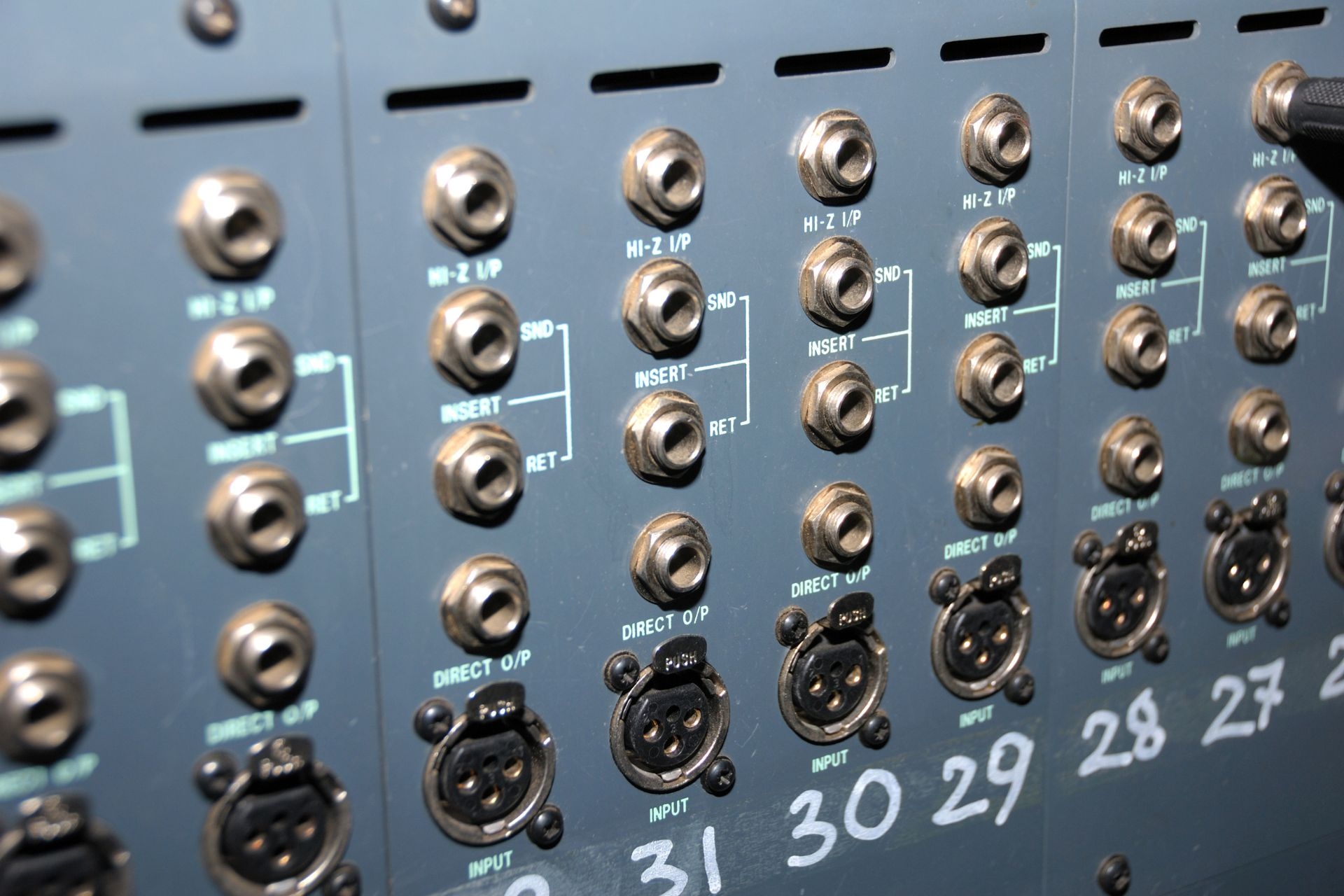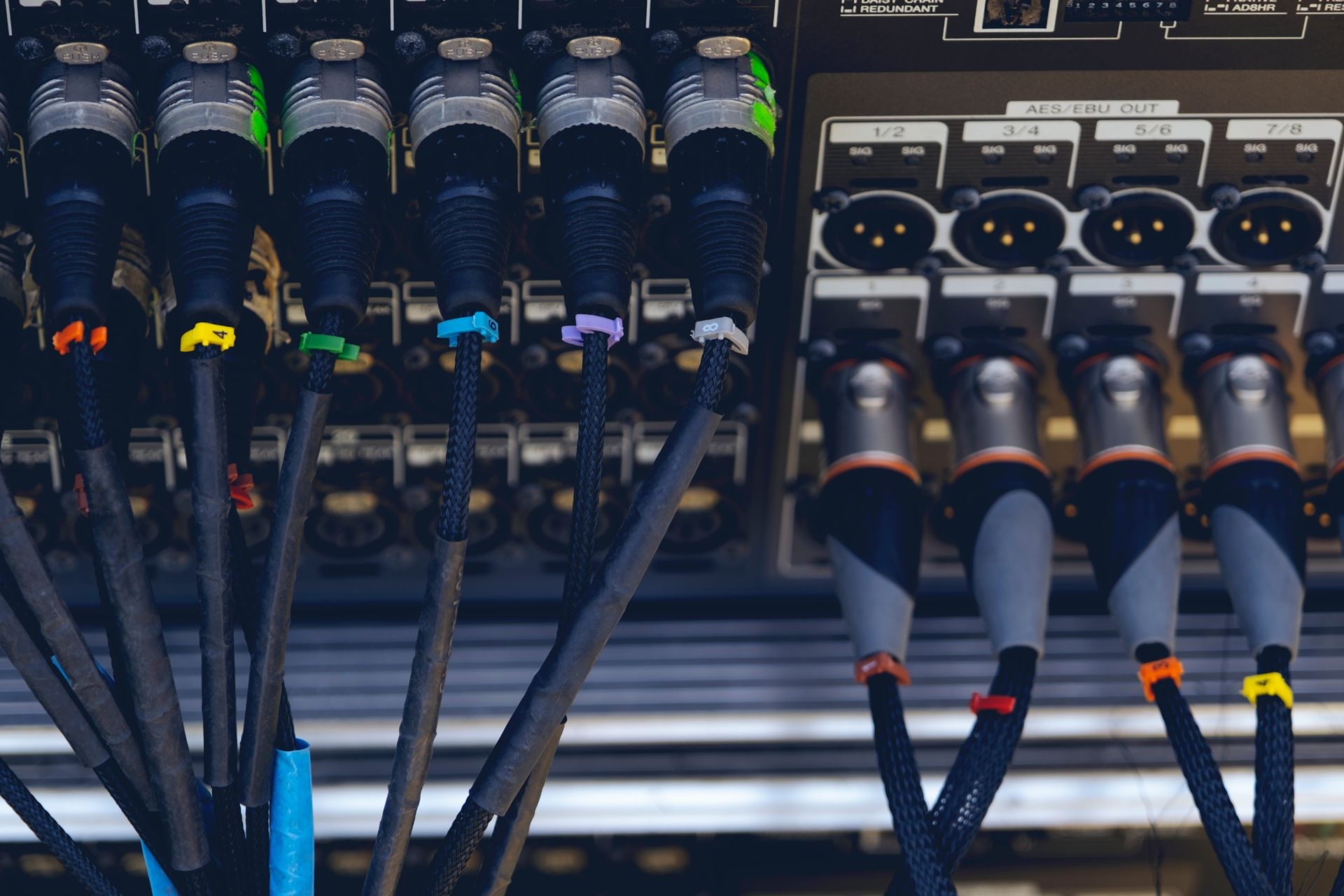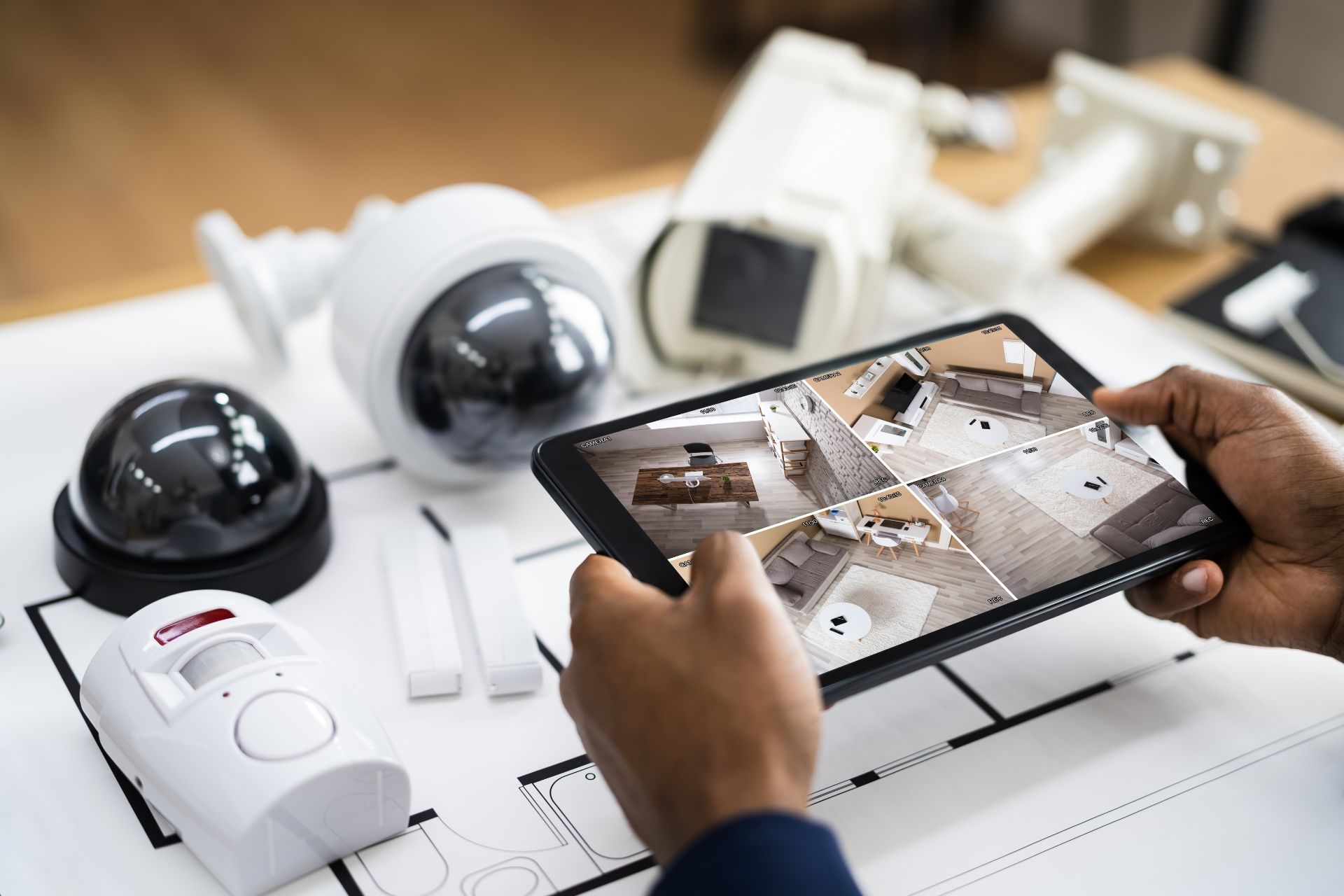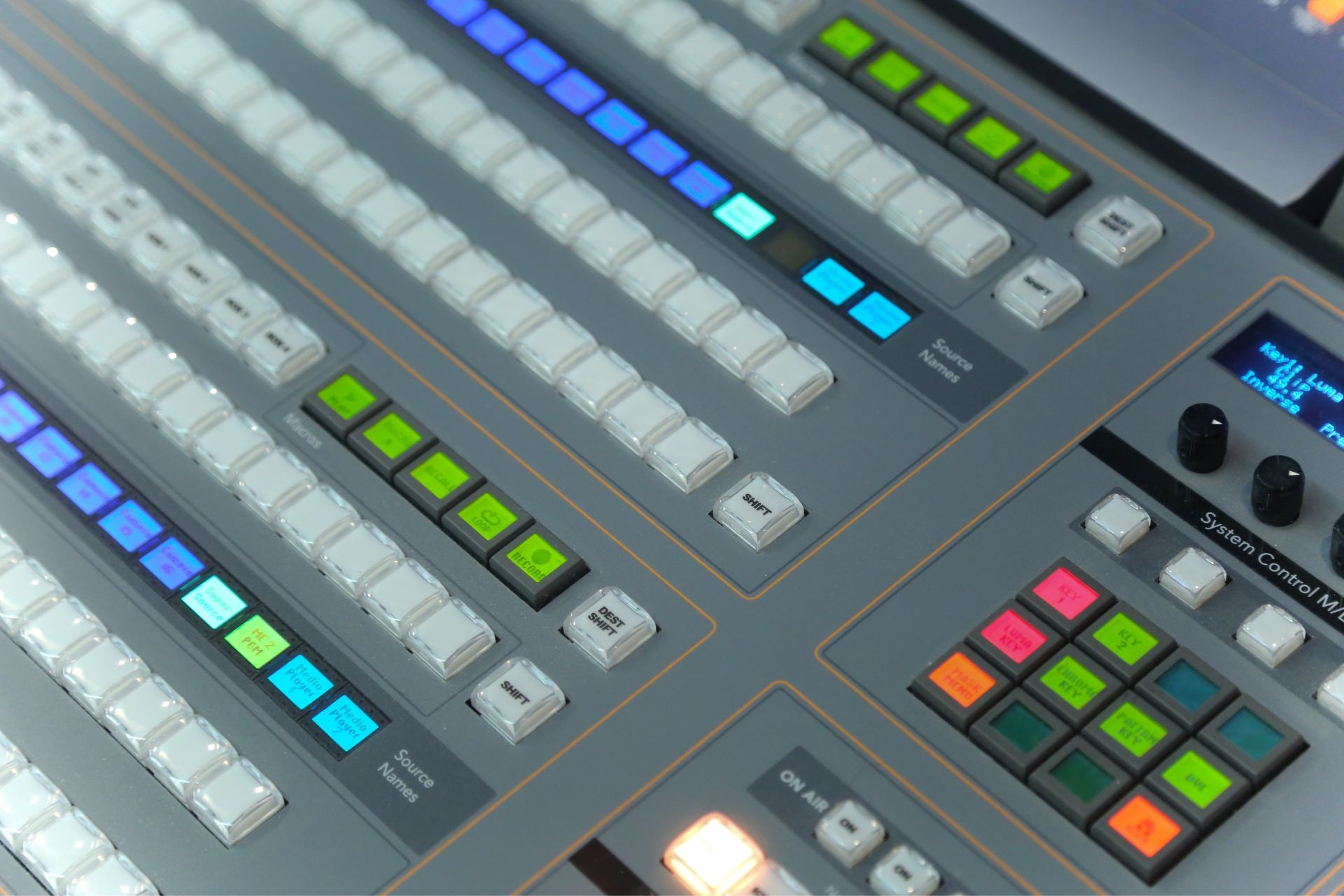Hospitality Kitchen Area Cameras
How are hospitality kitchen area cameras used to monitor food preparation and handling practices?
Hospitality kitchen area cameras are used to monitor food preparation and handling practices by providing real-time footage of chefs and kitchen staff as they work. These cameras can help ensure that proper hygiene protocols are being followed, such as handwashing, wearing gloves, and maintaining a clean work environment. By monitoring food preparation processes, managers can identify any potential issues or areas for improvement in the kitchen.



